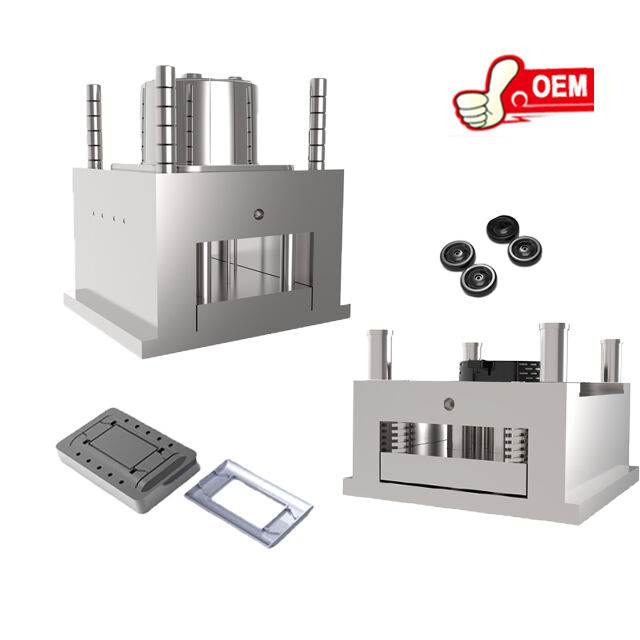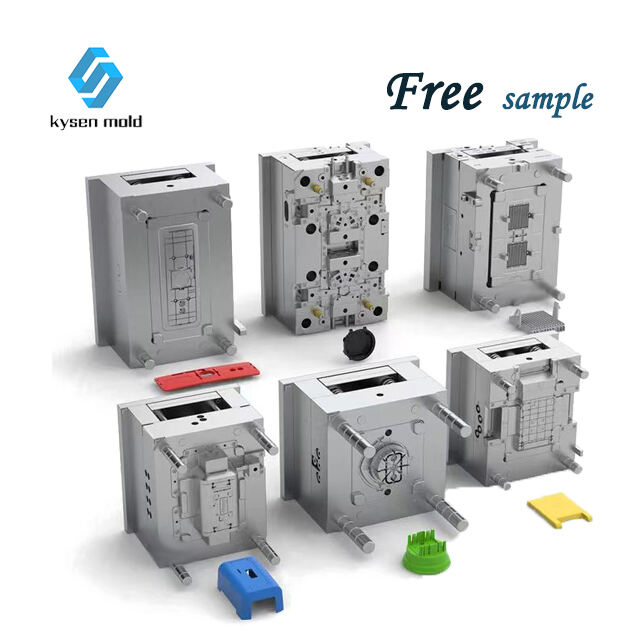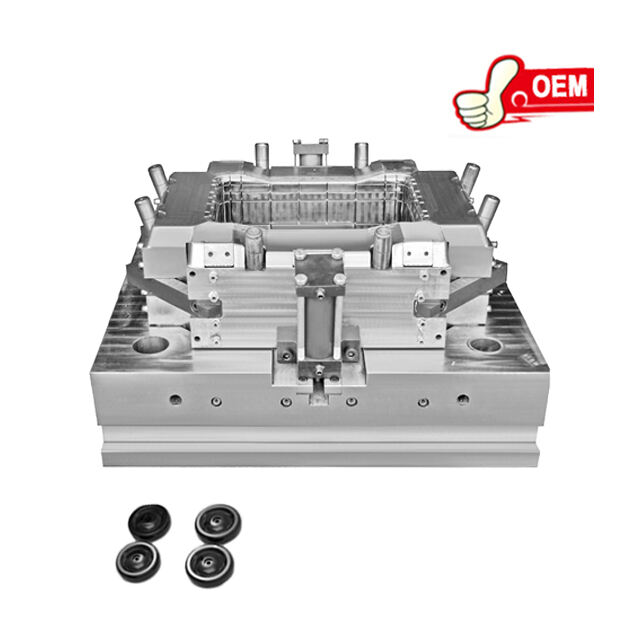injection mould toolmakers
Injection mould toolmakers are essential in the manufacturing industry, responsible for designing and crafting precision tools used in plastic injection moulding. These tools are intricate and serve to shape molten plastic into the desired final product. The main functions of injection mould toolmakers involve creating cavities and cores that form the parts' shape, ensuring the molten plastic solidifies into the precise dimensions. Technological features include high-precision CNC machining, CAD/CAM software for design, and advanced surface treatments for enhanced durability. Applications span across automotive, medical, consumer goods, and electronics sectors, where intricate and precise components are required.


